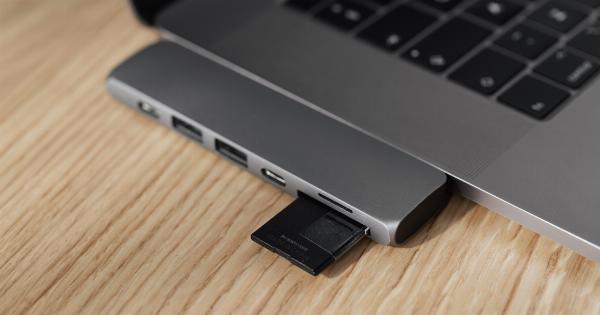Heartburn is a common condition that occurs when stomach acid flows back into the esophagus, causing a burning sensation in the chest.
While occasional heartburn is usually harmless and can be managed with over-the-counter medications, frequent or severe heartburn may require medical attention.
Understanding the triggers that can lead to heartburn is essential for managing and preventing this uncomfortable condition. In this article, we will discuss the five most common triggers of heartburn and provide tips on how to avoid them.
1. Spicy and Acidic Foods
Foods that are spicy or acidic can irritate the lining of the esophagus and trigger heartburn. Some common culprits include chili peppers, citrus fruits, tomatoes, and vinegar.
If you are prone to heartburn, it is advisable to avoid or limit the consumption of these foods.
If you enjoy spicy meals, try opting for milder versions or reducing the amount of spice in your dishes. Additionally, consider replacing acidic fruits and tomatoes with less acidic alternatives, such as bananas or apples.
2. Fatty and Fried Foods
Fatty and fried foods are known to relax the lower esophageal sphincter (LES), which is the muscle that prevents acid from flowing back into the esophagus.
When the LES fails to close properly, it allows stomach acid to enter the esophagus, leading to heartburn.
To reduce the risk of heartburn, it is recommended to limit the consumption of fatty and fried foods. Opt for healthier cooking methods such as grilling, baking, or steaming, and choose leaner cuts of meat.
3. Carbonated and Caffeinated Beverages
Drinks that contain carbonation or caffeine can contribute to the development of heartburn. Carbonated beverages, like soda or sparkling water, release gas that can cause pressure in the stomach and push acid up into the esophagus.
Caffeinated drinks, such as coffee, tea, and energy drinks, can also relax the LES, promoting acid reflux. If you experience heartburn, it is advisable to limit the intake of carbonated and caffeinated beverages.
Opt for non-carbonated drinks and herbal teas as alternatives.
4. Alcohol and Tobacco
Alcohol and tobacco are well-known triggers of heartburn. Alcohol can relax the LES and increase the production of stomach acid, while tobacco smoke irritates the esophageal lining.
Reducing or eliminating alcohol and tobacco consumption can help alleviate heartburn symptoms. If you experience difficulty quitting smoking or reducing alcohol intake, consider seeking professional help and support.
5. Overeating and Eating Before Bedtime
Overeating can put extra pressure on the stomach, causing stomach acid to flow back into the esophagus. It is advisable to eat smaller, more frequent meals to avoid overloading the stomach and prevent heartburn.
Eating close to bedtime can also trigger heartburn as lying down can allow stomach acid to flow back into the esophagus more easily. To reduce the risk of nighttime heartburn, avoid eating at least two to three hours before going to bed.
By identifying and avoiding these common triggers, you can significantly reduce the frequency and intensity of heartburn episodes.
Additionally, making healthy lifestyle choices such as maintaining a healthy weight, practicing stress management techniques, and elevating the head of your bed may further help prevent heartburn.





























